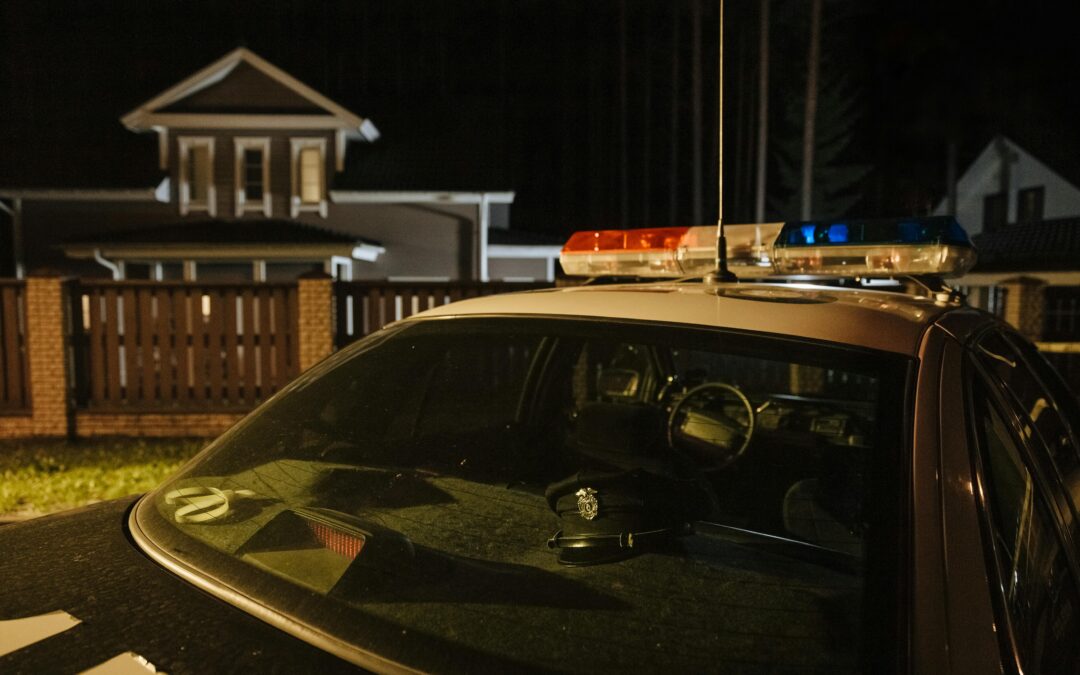With aggravated home invasions and carjackings on the rise across Victoria, many residents are asking a vital question: “What can I legally do to protect myself, my family, and my home?”
It’s a fair concern—and one we hear often. People worry that if they act in self-defence, they might end up being charged with a crime themselves. But here’s the truth:
Victoria has strong legal protections in place for people who act in self-defence or in defence of others. There are also specific legal exceptions to assault when you’re removing a trespasser from your property.
This guide will walk you through the key legal principles surrounding self-defence—what’s allowed, what’s reasonable, and how to protect yourself without putting your rights at risk.
Defending Yourself is your Right
Every person has the legal right to defend themselves, their loved ones, and their property from unlawful actions. That includes stopping someone who is assaulting you or someone else—so long as:
- You genuinely believed your actions were necessary to protect yourself or another person; and
- Your response was reasonable in the circumstances as you perceived them at the time.
If those elements are met, you are not guilty of a crime. And importantly, investigators are required to assess the situation from your perspective—not with hindsight, but from your position at that moment.
Real-World Example: Defending Yourself in a Home Invasion
Imagine being confronted by two masked intruders in your home. In that terrifying moment, grabbing a rolling pin or hammer to protect yourself would not be unreasonable. If those intruders advance on you, using that object to defend yourself—even forcefully—can be a lawful act of self-defence.
However, once the threat is over—say, the intruders run away—it’s not lawful to chase after them and attack. The law expects you to act proportionately to the threat and stop using force once it’s no longer necessary.
What Investigators Will Consider
When police review your actions, they will consider:
- Did you call the police as soon as it was safe to do so?
- Did you stop using force once the danger passed?
- Did you do what was necessary, and no more?
That said, the law recognises that in high-stress, life-threatening moments, people don’t always have the luxury of calm, rational thinking. You’re not expected to make perfect decisions under pressure. The law takes that into account.
Lawful Force to Remove a Trespasser
It’s also a lawful excuse to use force when removing a trespasser from your property. If, in the process, someone is injured, that force can be justified under the law—so long as it was necessary and proportionate.
In some cases, you may also be within your rights to perform a citizen’s arrest—for example, if you find an intruder committing a crime and detain them until police arrive, using reasonable force.
How to Minimise Risk: 6 Practical Safety Tips
While you have rights, the safest option is to avoid physical confrontation wherever possible. Here are some proactive steps to reduce your risk:
- Make your car keys visible: Many home invasions are about stealing vehicles. Keep your keys visible near the garage door and ensure the internal door is locked at night. Better your car is taken than your home is invaded.
- Use smart CCTV with motion alerts: Systems that notify your phone of activity near your home and allow two-way audio can help deter intruders before they enter.
- Post a ‘Dangerous Dog’ sign: Even without a dog, the perception of one can discourage would-be intruders.
- Install locks on bedroom doors: If someone gets inside, you need a safe space to lock yourself in and call for help.
- Fake an alarm with your sound system: Add a siren sound to your SONOS or smart speaker. If intruders are inside, blasting an alarm can scare them off.
- Preserve the crime scene: Once safe, call police immediately and avoid touching anything. Let them gather evidence properly.
If You’ve Been Involved in a Violent Incident — Get Legal Help Fast
If you’ve had to defend yourself, your family, or your property from an intruder, get legal advice immediately. A lawyer will:
- Help you explain your side clearly and legally to police
- Ensure the circumstances of self-defence are fully understood
- Protect your rights every step of the way
Our team is here to help you navigate this difficult and stressful experience. Your safety is paramount—but so are your legal rights.
If you have concerns or need advice, don’t hesitate to contact us. Our team of defence lawyers are here to stand with you. We have experience in a range of practice areas, inclusing common assault and aggravated assault.


